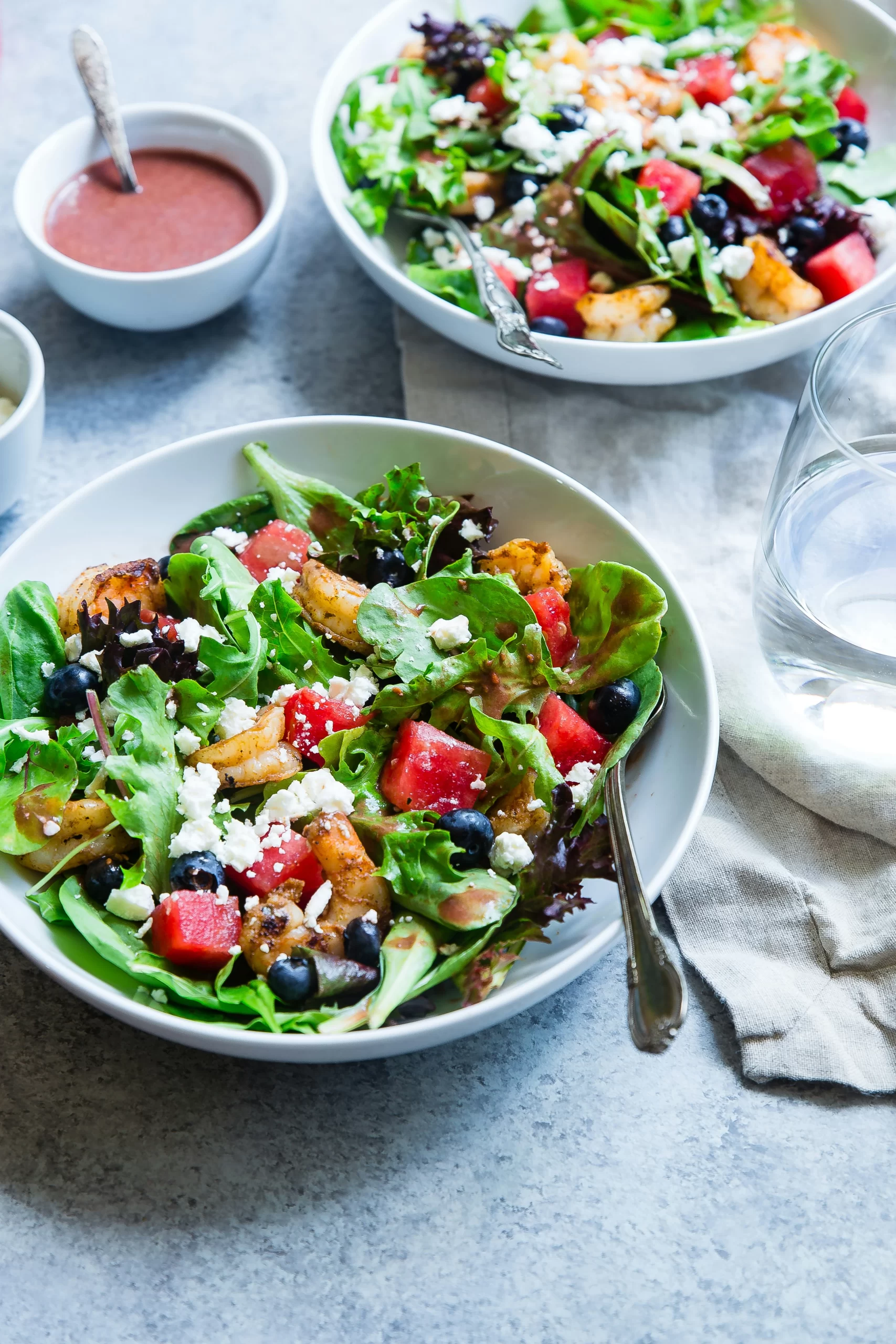In the quest for optimal health and wellness, anti-inflammatory diets have emerged as a beacon of hope, especially in the realm of disease prevention and management. Chronic inflammation is a root cause of numerous health issues, including heart disease, diabetes, and cancer. By focusing on anti-inflammatory foods, we can support our body’s efforts to maintain balance and health. This comprehensive guide delves into the benefits of anti-inflammatory diets, particularly in cancer prevention, highlights top foods and recipes, and offers practical advice for integrating these foods into your daily life.
The Power of Anti-Inflammatory Eating in Cancer Prevention
Chronic inflammation has been linked to an increased risk of cancer. Anti-inflammatory diets are rich in antioxidants and phytochemicals, which protect our cells from damage and reduce the risk of chronic diseases, including cancer. By emphasizing fruits, vegetables, whole grains, and healthy fats, these diets can play a significant role in cancer prevention.
Top Anti-Inflammatory Foods and Recipes
Foods renowned for their anti-inflammatory properties include berries, leafy greens, nuts, fatty fish, and whole grains. Recipes that incorporate these ingredients not only tantalize your taste buds but also provide your body with essential nutrients that fight inflammation. For instance, a salmon salad with mixed berries, spinach, and a sprinkle of walnuts is not only delicious but a powerhouse of anti-inflammatory goodness.
Incorporating Anti-Inflammatory Foods into Your Diet
The key to incorporating anti-inflammatory foods into your diet is to start small. Swap out processed foods for whole, nutrient-rich foods step by step. Introduce more fruits and vegetables into your meals, choose whole grains over refined, and opt for lean protein sources like fish and plant-based proteins.
The Role of Spices in Inflammation Reduction
Spices such as turmeric, ginger, and cinnamon are not only flavorful but also possess potent anti-inflammatory properties. Adding these spices to your meals can amplify the anti-inflammatory benefits of your diet.
Mediterranean vs. Plant-Based Anti-Inflammatory Diets
While both diets are effective in reducing inflammation, they have distinct characteristics. The Mediterranean diet focuses on whole grains, fish, healthy fats, and a moderate intake of dairy, while a plant-based diet eliminates animal products entirely. Both emphasize the consumption of fruits, vegetables, and nuts, making them excellent choices for an anti-inflammatory lifestyle.
Meal Planning for an Anti-Inflammatory Diet
Effective meal planning involves selecting a variety of anti-inflammatory foods throughout the week. Incorporate different colored fruits and vegetables to ensure a wide range of nutrients, and plan meals around whole grains and lean protein sources.
Success Stories: Impact on Health and Wellness
Many individuals have experienced significant improvements in their health and well-being by adopting an anti-inflammatory diet. From reduced symptoms of chronic illnesses to improved energy levels and weight loss, the success stories are both inspiring and motivating.
Anti-Inflammatory Supplements and Their Benefits
While whole foods should be the foundation of an anti-inflammatory diet, supplements like omega-3 fatty acids, curcumin, and vitamin D can offer additional support. However, it’s important to consult with a healthcare provider before adding supplements to your regimen.
Foods to Avoid on an Anti-Inflammatory Diet
To reap the full benefits of an anti-inflammatory diet, it’s crucial to avoid or limit foods that can trigger inflammation. These include processed meats, refined carbs, sugary beverages, and fried foods. Opting for whole, unprocessed foods is key.
Seasonal Anti-Inflammatory Eating Guide
Eating according to the seasons can enhance the benefits of an anti-inflammatory diet. Seasonal produce is fresher and often higher in nutrients. Plus, it allows for variety in your diet throughout the year, making it easier and more enjoyable to eat healthily.
Adopting an anti-inflammatory diet can have profound effects on your health and well-being. By focusing on nutrient-rich foods, incorporating spices, and avoiding inflammatory triggers, you can embark on a journey towards a healthier, more vibrant life. Whether you lean towards a Mediterranean or plant-based approach, the essence of anti-inflammatory eating is about nourishing your body with what it needs to fight inflammation and disease. Start small, make gradual changes, and listen to your body—it’s the first step towards a healthier you.

